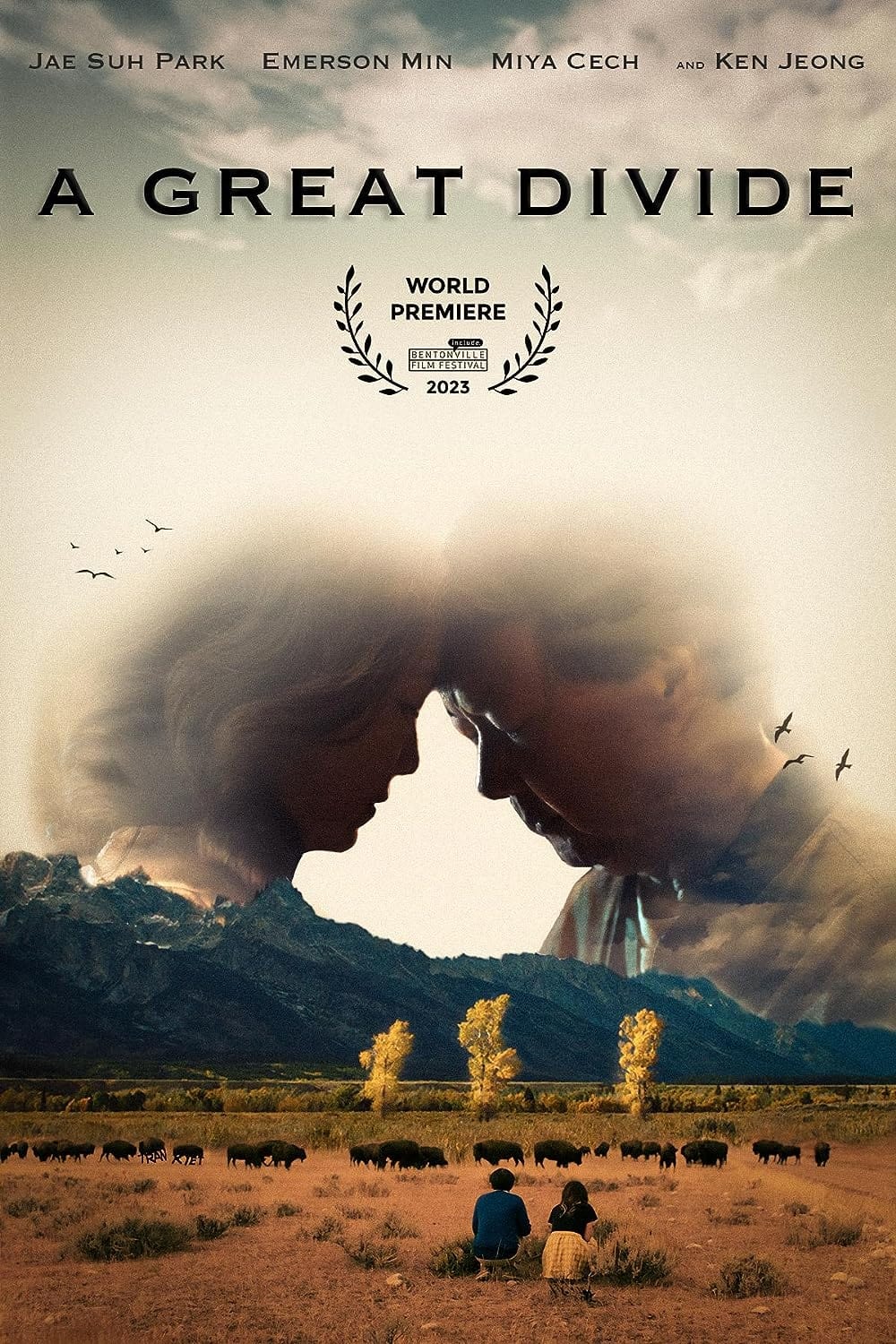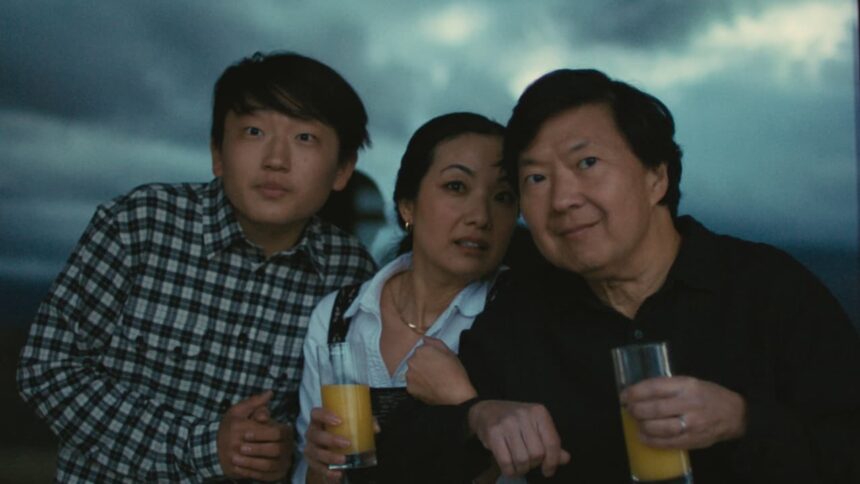A Great Divide is a compelling film that tackles the surge of anti-Asian racism that emerged during the COVID-19 pandemic. Directed by Jean Shim, the film features a talented cast, including Ken Jeong as Isaac Lee and Jae Suh Park as Jenna Lee, who navigate their family's challenging transition from the Bay Area to a predominantly white town in Wyoming.
The narrative centers around Benjamin Lee, portrayed by Emerson Min, an introverted teenager struggling to adapt to his new environment. The film poignantly captures the emotional turmoil of a family grappling with systemic racism and personal identity crises. As they face various forms of discrimination, including microaggressions and overt hostility, each character's response to these challenges adds depth to the story.

The screenplay, co-written by Jeff Yang, aims to spark conversations about race and empathy within the Asian American community and beyond. The film's portrayal of racism is both sobering and relatable, resonating with many viewers who have faced similar experiences. Critics have noted that while the film effectively highlights serious themes, it sometimes feels uneven in its pacing and narrative structure.
Despite these critiques, A Great Divide has been praised for its cinematography and emotional weight. The film premiered at the Bentonville Film Festival earlier this year and is anticipated to reach wider audiences through streaming platforms like Hulu following its theatrical release on November 26.
As audiences prepare for its release, A Great Divide stands as a vital artistic response to ongoing societal issues, aiming not only to entertain but also to educate and inspire change.
Having followed the development of A Great Divide, I find its approach both timely and necessary. The film's focus on anti-Asian racism resonates deeply in today's climate, especially given the alarming rise in hate crimes against Asian Americans in recent years. Ken Jeong's transition from comedy to drama showcases his versatility as an actor and adds credibility to the film's serious themes.
While some critiques regarding pacing are valid, I believe that the emotional core of the story will engage viewers effectively. It is essential for films like this to exist in mainstream media as they provide representation and foster understanding among diverse audiences.
How do you think films like A Great Divide can influence public perceptions of race and identity in America today?











